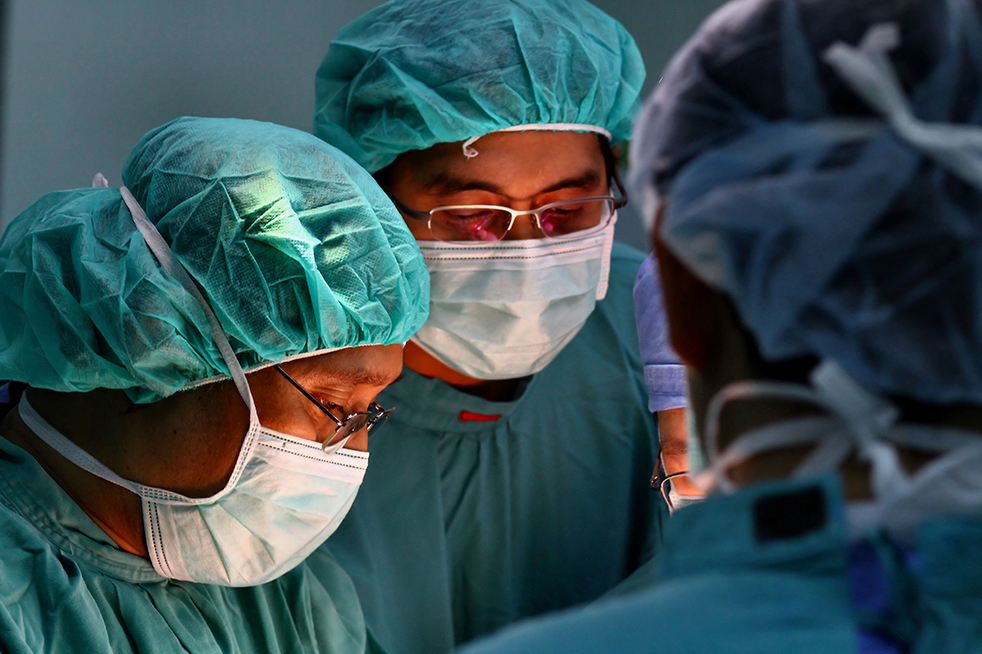Starting next semester, students can expect to see two additional concentrations appear as parts of the Biochemistry and Chemistry undergraduate degree programs.
These new concentrations will appear as the “pre-health science track” within the respective majors. These new offerings are meant to tailor a curriculum that satisfies select interests and goals within the various health-related professions.
Additionally, both of the new concentrations meet the admissions requirements for medical, pharmacy, dental, veterinary, physical therapy and graduate school. The eclectic mix of pre-health science electives, social science electives and recommended course selections incorporate topics in areas ranging from bio-molecular engineering and bioinformatics to psychology and sociology.
“Currently, students on the traditional track can take these courses through free electives,” said William Baron, Ph.D., Director of Undergraduate Studies in the School of Chemistry and Biochemistry. “What students wanted, though, was more clarity on what courses they need for their professional schools’ admission tests and what courses would prepare them for when they begin graduate school. They get an understanding of what the minimum requirements are but not what additional courses would help them succeed.”
Furthermore, the new tracks are meant to reflect the recent changes in graduate school admission exams, most notably those in the Medical College Admissions Test (MCAT). The new curricula will help students prepare for the new version of the exam by emphasizing many of the new aspects of the exam in the coursework, according to Baron.
Baron added that the additional changes have been driven primarily by student feedback regarding the current programs in place as well the individual strengths and weaknesses of each program.
“We met with five different cohorts of students, and we sent out a survey to 700 students,” Baron said. “The main thing that came back from both face-to-face meetings and the survey was careers. Students are really focused on careers, and they want clarity on what courses will help them prepare for their futures.”
Utilizing the student feedback, advisors and professors spent a number of months discussing as well as preparing the propositions for the addition of the two new concentration options with the school. Professors and advisors expect the program to be very successful.
“The general area of life sciences is one of the fastest-growing sectors of employment right now and is projected to be that for a long time,” Baron said. “And so whether you plan on going to medical school, dental school, pharmacy school or some other graduate school, these courses will provide a good background and foundation.”
Currently, only two additional panels remain that must pass the proposed plans before they can begin to be implemented into DegreeWorks. The planned full migration to DegreeWorks is expected to be completed roughly by the summer of 2016, but prospective students wishing to take part in the new concentrations in some facet will be allowed to arrange meetings with program advisors at a later time during this current semester.
